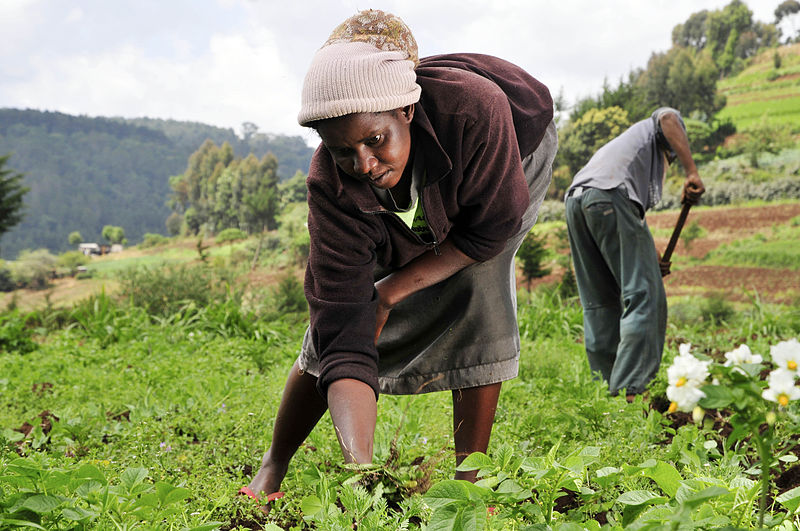
Growing Sustainable Horticultural (GrowS-Hort), an agribusiness training centre, has launched an incubator to provide unique opportunities to enhance growth of Small and Medium Enterprises (SMEs) and startups.
The centre has been positioned to help provide the enterprises access to rich human resource and facilities to build sustainable and profitable ventures in the horticulture sector.
Its role would also include offering business advisory services, intern support and networking, access to funding, production facility and mentorship programmes.
Mr Moses Baffour Awuah, the Chief Executive Officer of GrowS-Hort said at the launch that the centre would create an enabling environment for agribusiness ideas, startups and SMEs “to be nurtured into sustainable ventures”.
He said the incubatees would be taken through a mentorship programme with local entrepreneurs where mentors and incubatees alike would meet often.
“A plan will be agreed upon and written up by the incubatees,” he added.
Mr Jeremy Agyemang, Head of Agribusiness Unit at the Ministry of Food and Agriculture, noted that the programme would enhance productivity and reduce the importation of basic food commodities like rice and soya.
“[It] will also lead to the increase supply of raw material for the livestock sub-sector,” he said.
He described horticulture as an important sub-sector in agriculture that provided wide business opportunities in greenhouse production of high value vegetables, cool vans for transporting fruits and vegetables and growing super market industry.
Mr Agyemang said: “It is time to turn agribusiness ideas into sustainable ventures… A key component in the planting for food and jobs campaign is increased production of urban and peri-urban vegetables for incomes.
“This will create an enabling environment for young people to create agribusinesses in the horticulture industry.”
He lauded efforts by GrowS-Hort’s team who were largely made of young graduates, saying: “Agribusiness incubators afford young entrepreneurs interested in agribusiness ventures with [varied opportunities].”
These prospects includes access to facilities, mentoring, business network support, technological tools, access to financing, access to markets and the environment to nurture their businesses.
Africa Lead representative, Mrs Dela Akanko, said: “To attract youth into agribusiness, there is the need to stop linking poverty to agribusiness.”
He said emphasis should rather be placed on making financing accessible, building youth skills on ICT and creating enabling business environment.
The Africa Lead, an organisation seeking to scale up food security in Africa, has been providing institutional and technical support to organisations including GrowS-Hort to make meaningful contributions to agriculture policy issues, policies and programmes that contribute to the growth of the agriculture sector in Ghana.





